The Atlantic was unlike anything I had ever seen. Calm one day, raging the next. I remember driving along Avenida da Marginal, waves crashing onto the road like a rainbow arching over our car. We would drive through them like a tunnel. Other days, they looked like monsters chasing us, trying to swallow the car whole. It was terrifying and thrilling at the same time.
Our apartment, perched by Avenida da Marginal with a view of the sea, opened onto a shared patio. It became my playground, where I learned Portuguese amidst the chatter of neighbor kids and the sting of scraped knees.
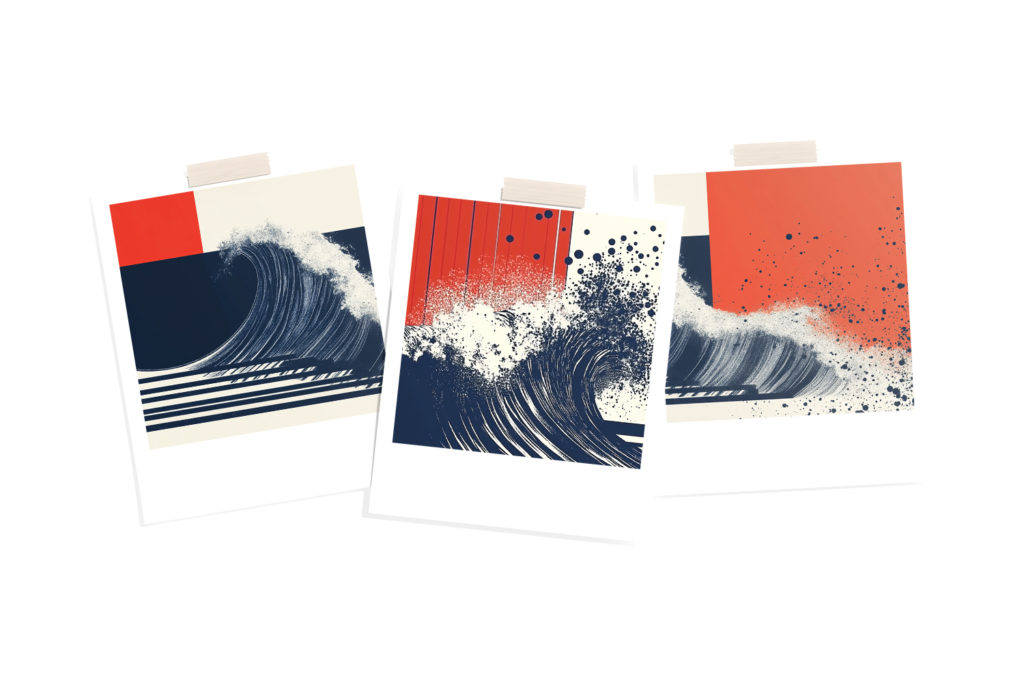
In 1980s Portugal, Korea was a distant enigma. North and South were abstract concepts to most people. When asked, eight-year-old me would trace an invisible peninsula in the air and slice it in two, a simple gesture to summarize a complicated history.
There was a North Korean embassy in Lisbon. At a rare table tennis match, I saw North Koreans for the first time. Their air was different, and they all wore identical badges. The spectators were divided in two, mirroring our fractured country, each side waving their own flags. We cheered loudly, they clapped in measured unison. After the match, in the hallway, one of them looked at my little sister and said, ‘She’s a charming young lady.’ Strange choice of words, the accent unfamiliar. And yet, for a brief moment, his casual tone blurred the invisible line I had drawn in the air.
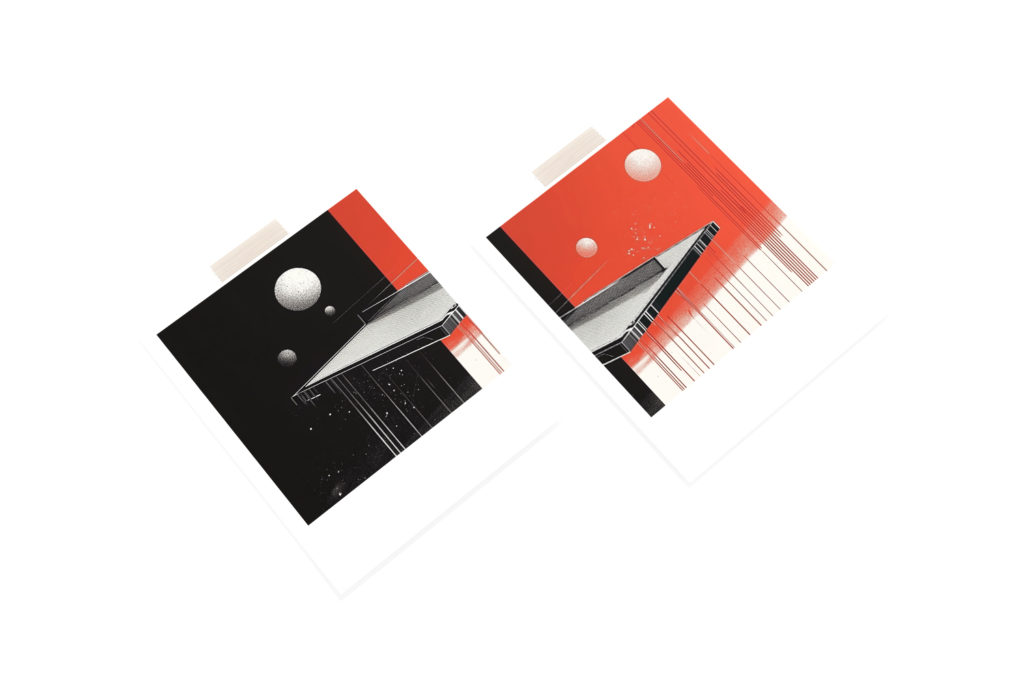
My dad took the train to work. That evening, he was working late from his office when the phone rang. His colleague answered, then quickly handed him the receiver. It was a journalist friend from a TV station, his voice tight with urgency.
“Are you alright? Have you seen the news?”
“News? No, what is it?”
“Big accident. Korean diplomat. Near Lisbon.”
The calls started flooding in. Friends, colleagues, all checking if he was okay. Then came the details: a car belonging to a Korean diplomat, a brown Mercedes 230E, three people in the car, dead.
My dad’s blood ran cold. Our car was a brown Mercedes 230E, an uncommon color. A sharp fear gripped him. Had my mom taken us out for a drive in the car? He dialed home. No answer. He tried again. And again. His hands trembled.
His colleague offered to drive. The 20-kilometer trip felt like an eternity. Every second stretched unbearably long. His colleague reassured him, but my dad couldn’t shake the fear. He could only picture my mom and us, trapped in that wreckage.
When they finally pulled into our street, he caught a glimpse of our car parked outside. Relief hit him like a crashing wave. We were home, completely unaware of the panic that had just unfolded.
The victims were North Korean diplomats. Same car. Same color. Same last name. An eerie coincidence that, for a brief moment, made two separate worlds feel indistinguishable.
One of many moments when, far from home, the boundaries between two Koreas blurred into a single, shared identity. Sometimes, fate reminds us how thin the lines dividing us really are.
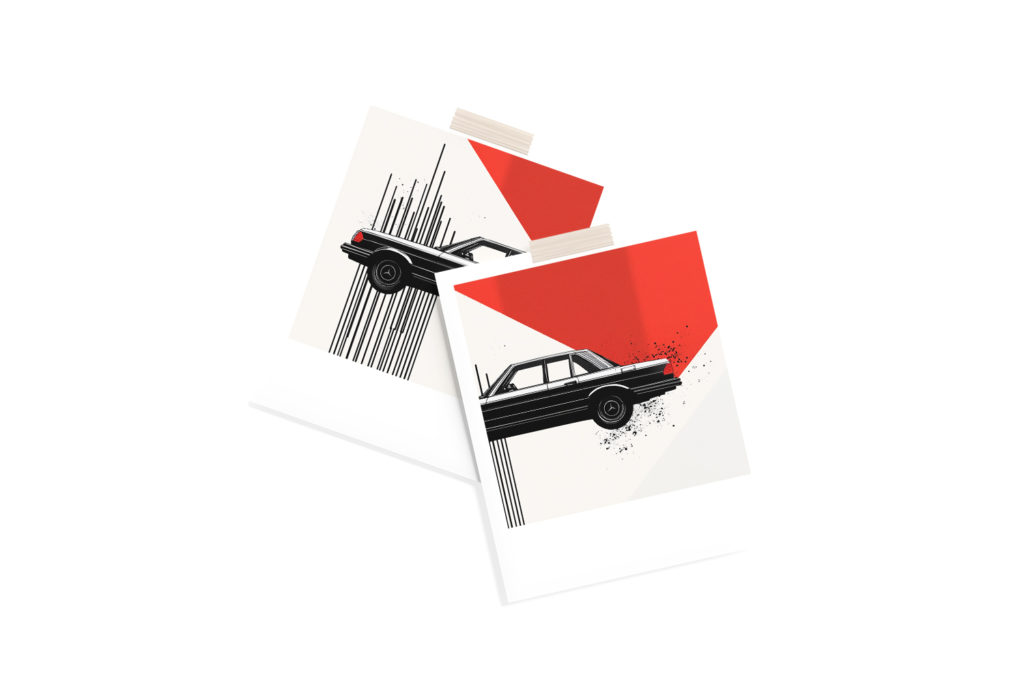

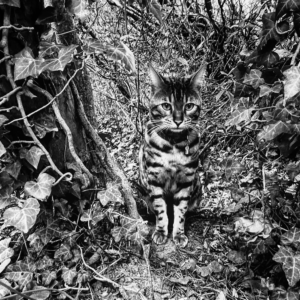
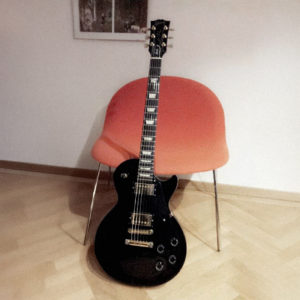
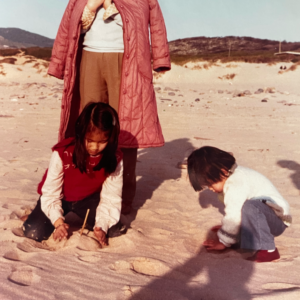
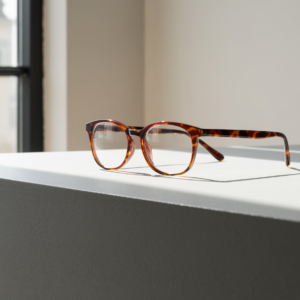
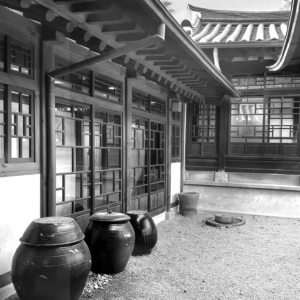
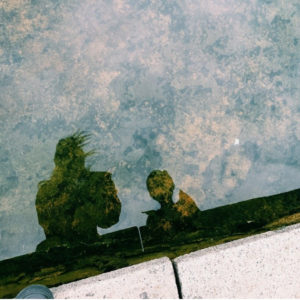

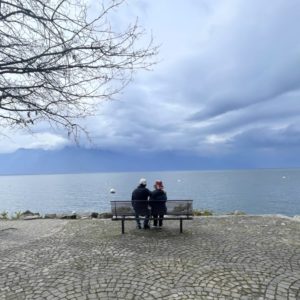

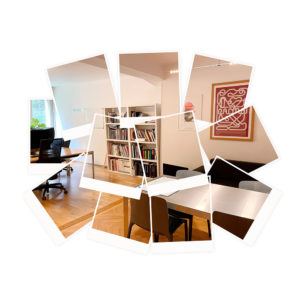
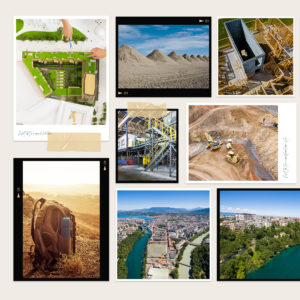
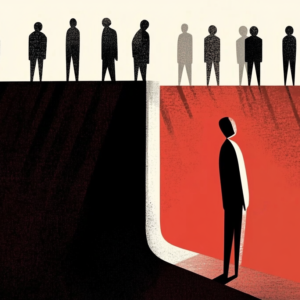
This article perfectly reproduced how I felt at the time. Even thinking about it now, it was a dizzying moment of my lifetime. Even though it was only about 40 minutes, the moment felt very long. The happiness I felt after reflexively confirming that my family was safe is thrilling to think about now. Without this fictional imagination, it would have been a normal time without knowing anything. In a way, there would be countless virtual stories behind the invisible side of our plain lives.